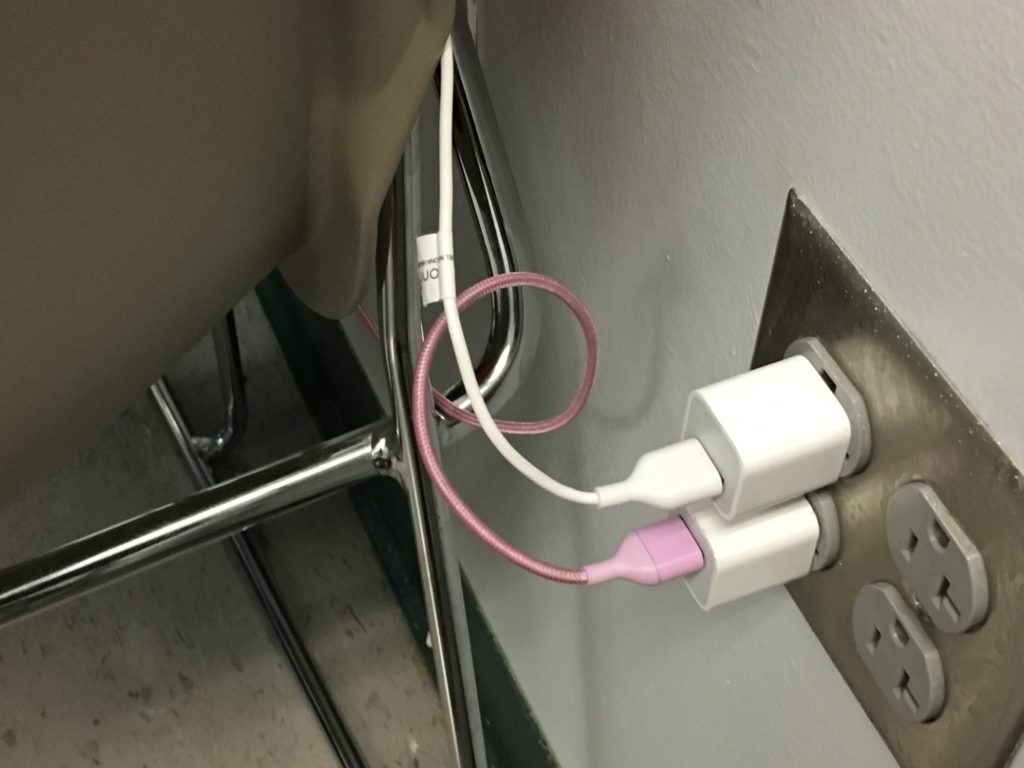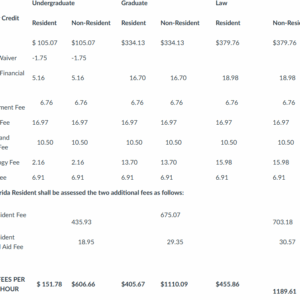Lifestyle | October 23rd, 2018
Millennials Without Power
By: Alexis Gollman

It was like a scene out of a post-apocalyptic movie. Students swarmed and clung to wall outlets in pure desperation.
After Hurricane Michael hit Tallahassee, the common area by the FAMU bookstore was filled with people hooked to outlets as if they were their oxygen. Students were sitting on the floor by the entrance way lined up so that they could stay with their “life source,” their phones.
But it brought up the question: how do millennials survive without their technology and power? This is a generation willing to do anything to keep their devices alive. After the hurricane many lost electricity, however, that was not going to stop people from scrolling down Instagram or binge-watching Netflix.
“I had to use my car in order to charge my electronic devices,” said Dion Jenkins, a graduate student from Miami.
There is a sense of comfort millennials feel with having their devices on. They are used to their phones being a source of entertainment and as something to keep them company when they are bored.
“Even while I charged it up I found myself on the internet, I just could not resist using my phone,” said Jenkins
These students’ first world problems were trivial compared to others. Some students were without power for days.
“The power [outage] is really taking a toll on people, some of my neighbors got into an argument last night fighting and yelling at each other. The heat has got the people acting crazy because it is our fourth day without power,” said Casendra Charles, a graduate student.
Even students who lived with family members with serious health conditions were still without power days after Michael.
“It was hard to kind of keep my mom’s medicine, because she is a diabetic she takes insulin, so it was kind of hard to keep that cold. We had to go out and get ice,” said Justin Hover a biology pre-med student.
The outage even motivated some students to get out of their typical regimen and explore other options for entertainment besides the internet.
“You would find people going outside, people who typically wouldn’t go outside if the power was on,” said Jenkins.
It also gave students more time for introspection and to show gratitude for the things they do have.
“I talked to God more, it’s kind of forcing me to connect with my spiritual side and really make me reevaluate my life and make me more appreciative,” said Charles.
Losing power allowed students to unplug and from their normal routines and get back in touch with their own thoughts.





